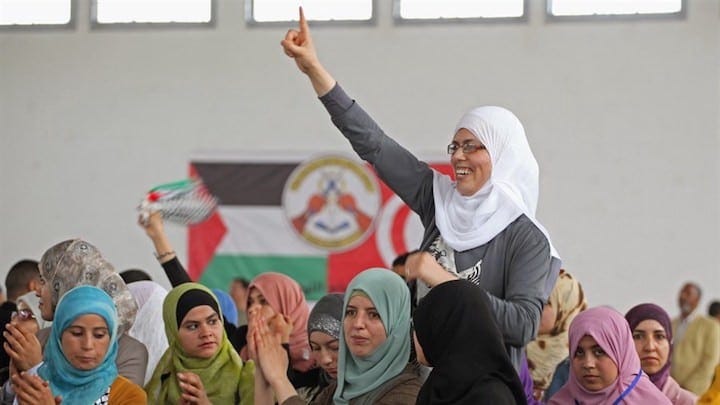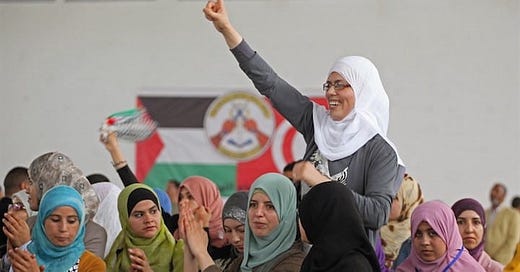‘A Revolution in Four Seasons’ Review

Mainstream media reports often paint Tunisia as the “success story of the Arab Spring.” While other countries in the region are today either locked in civil war or have slipped back into some form of authoritarian politics, Tunisia seems, despite sporadic violence, to be transforming itself into an open, inclusive society. After the popular uprising aga…
Keep reading with a 7-day free trial
Subscribe to Nonfics to keep reading this post and get 7 days of free access to the full post archives.



